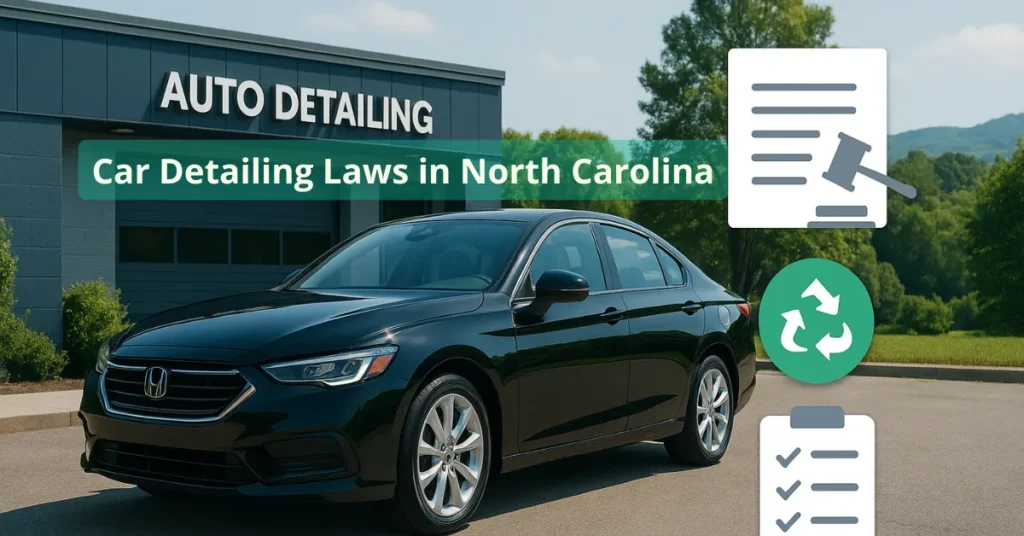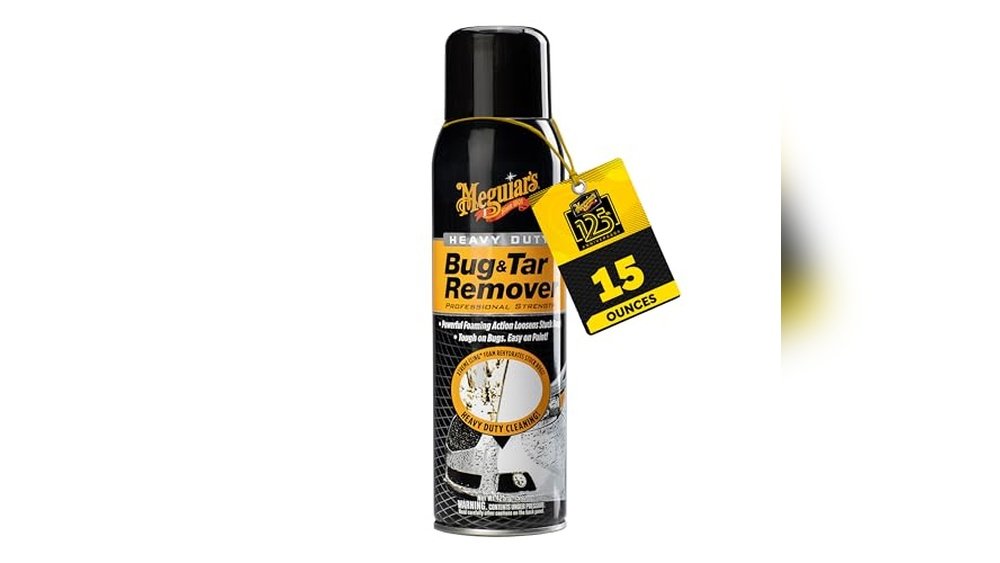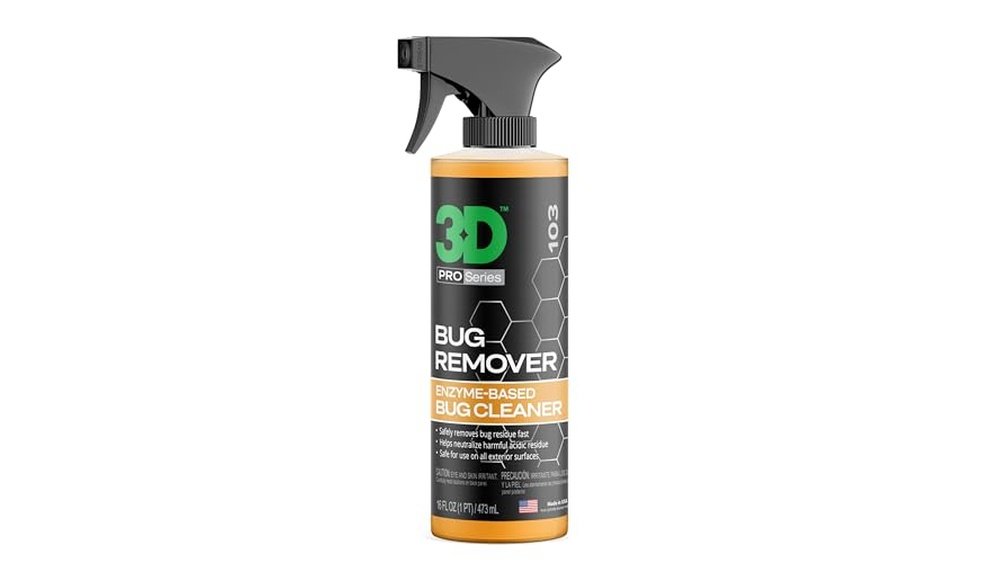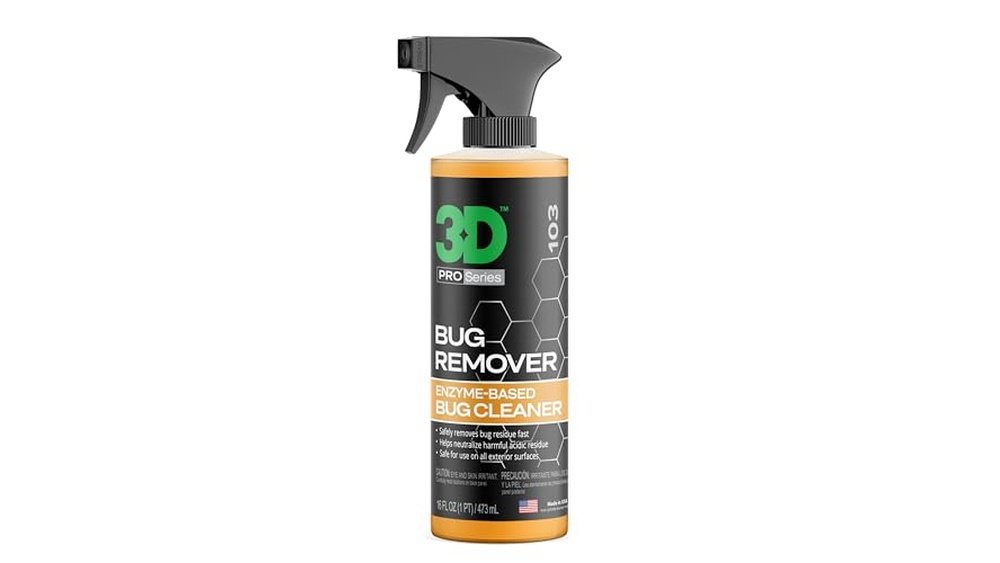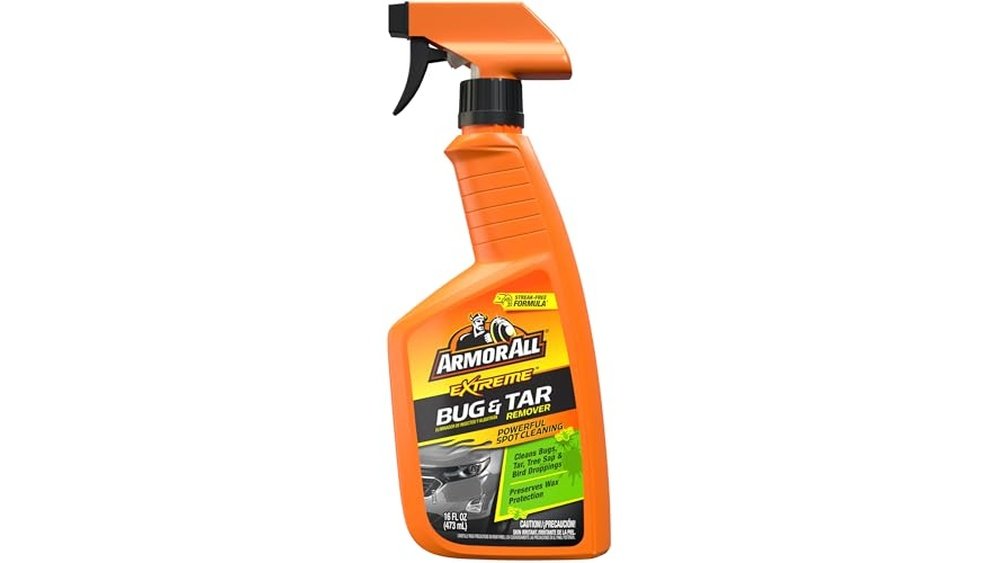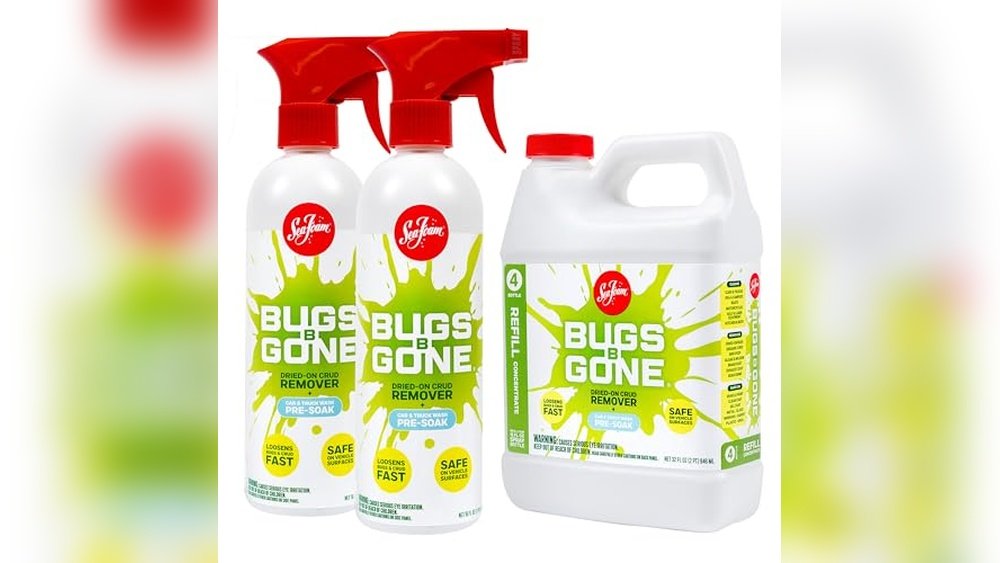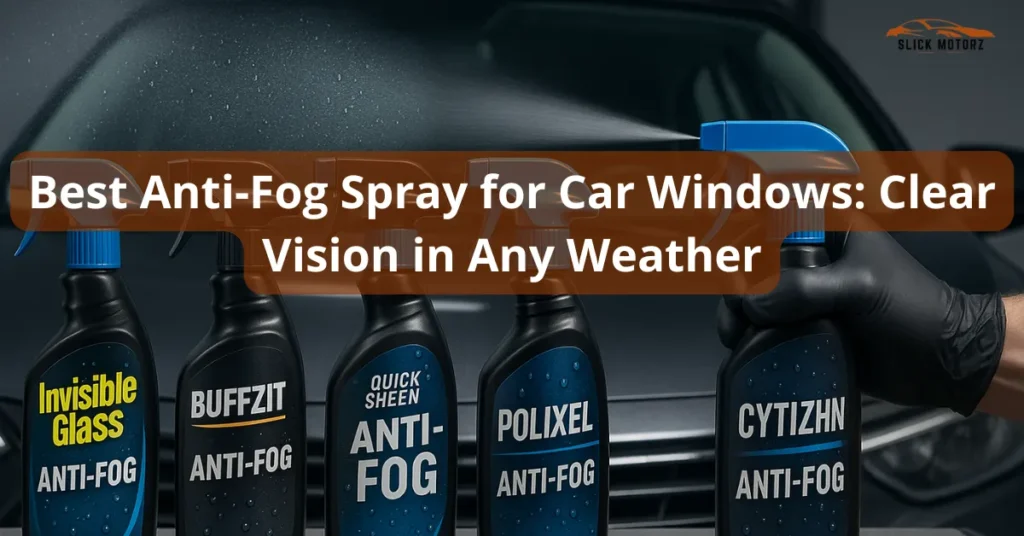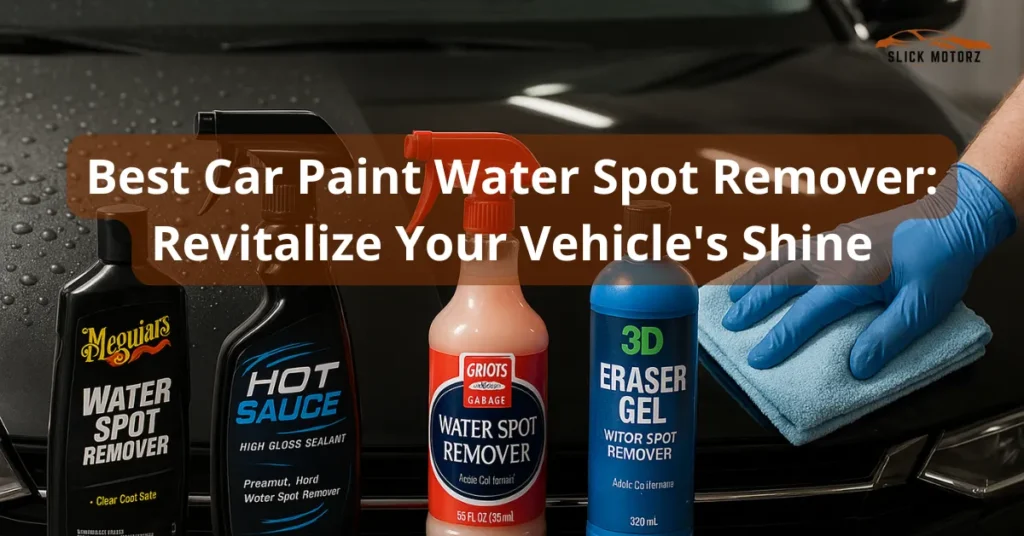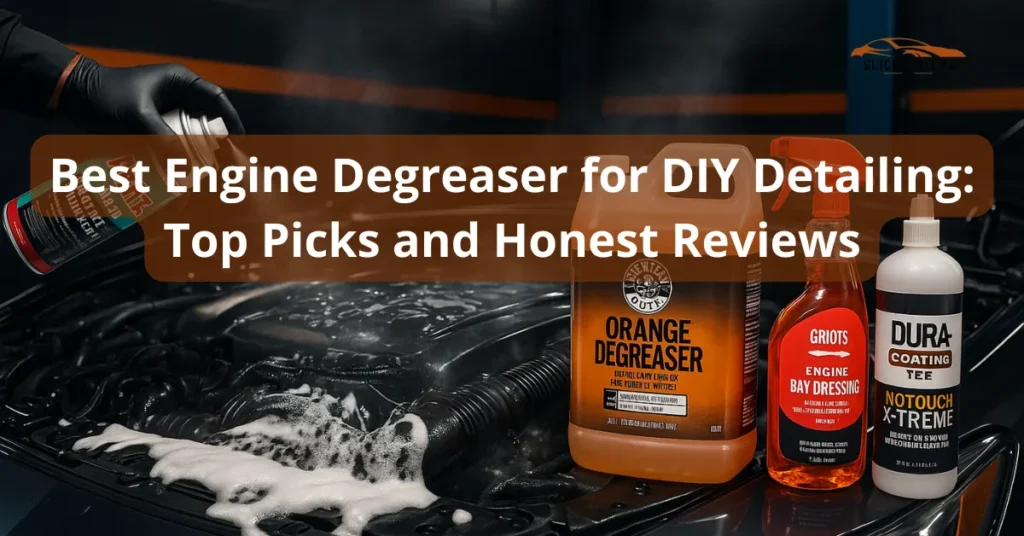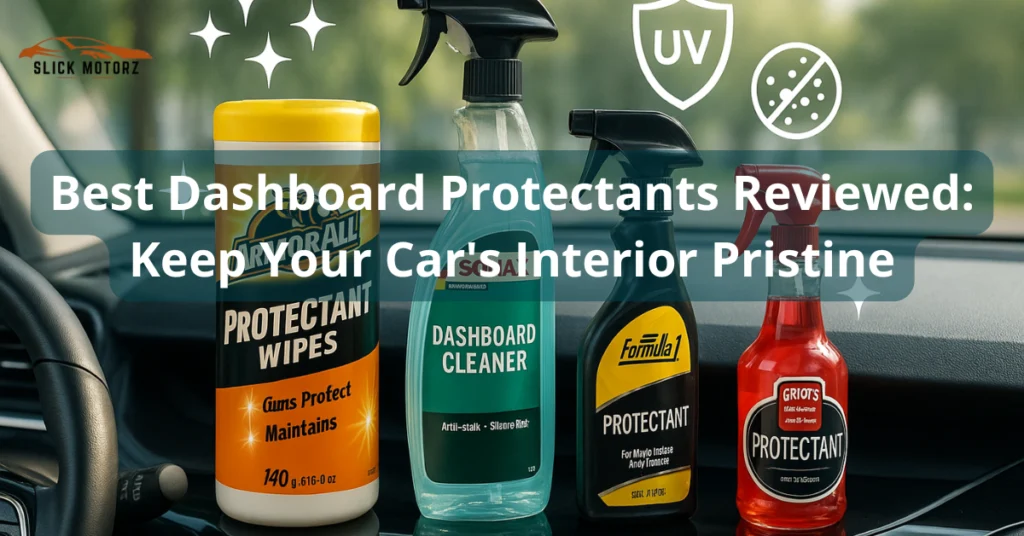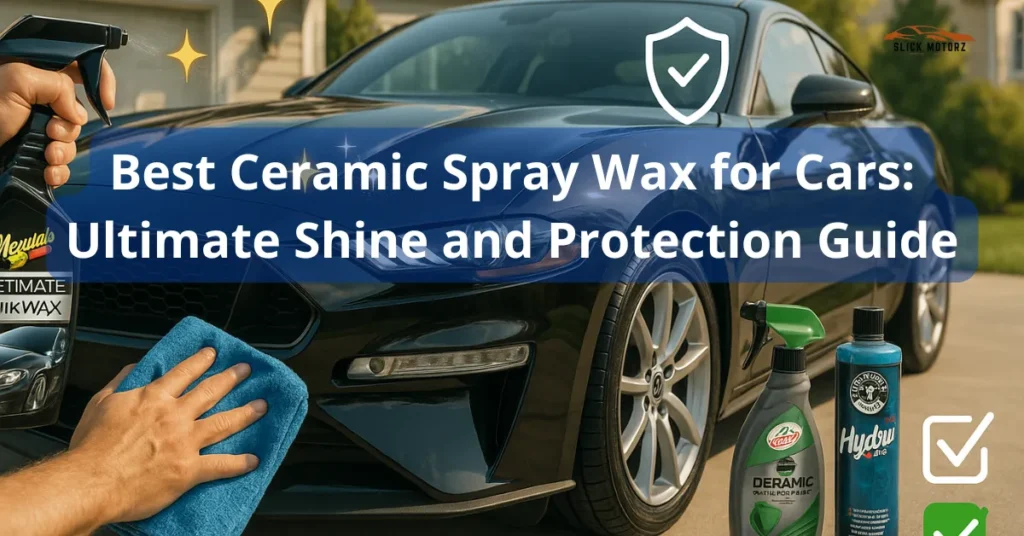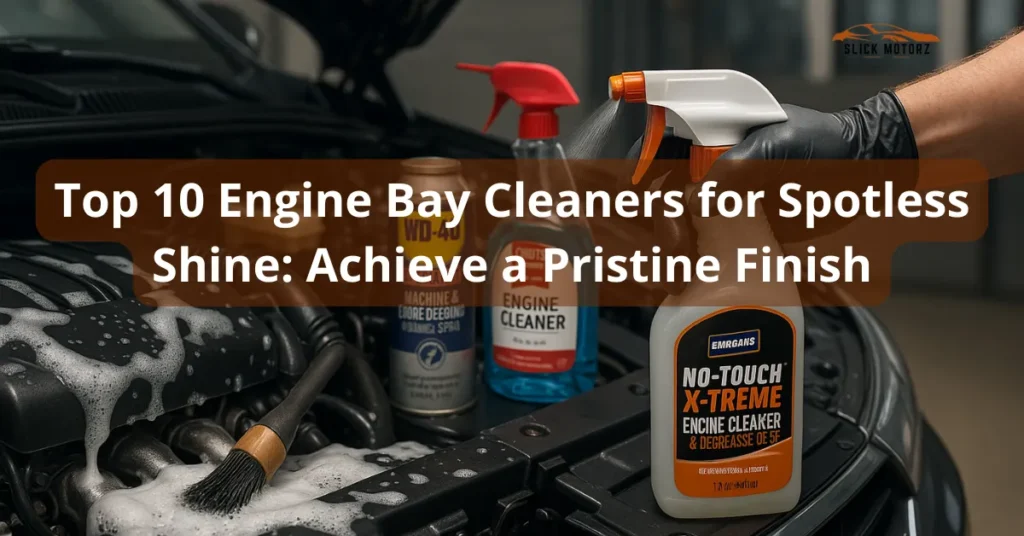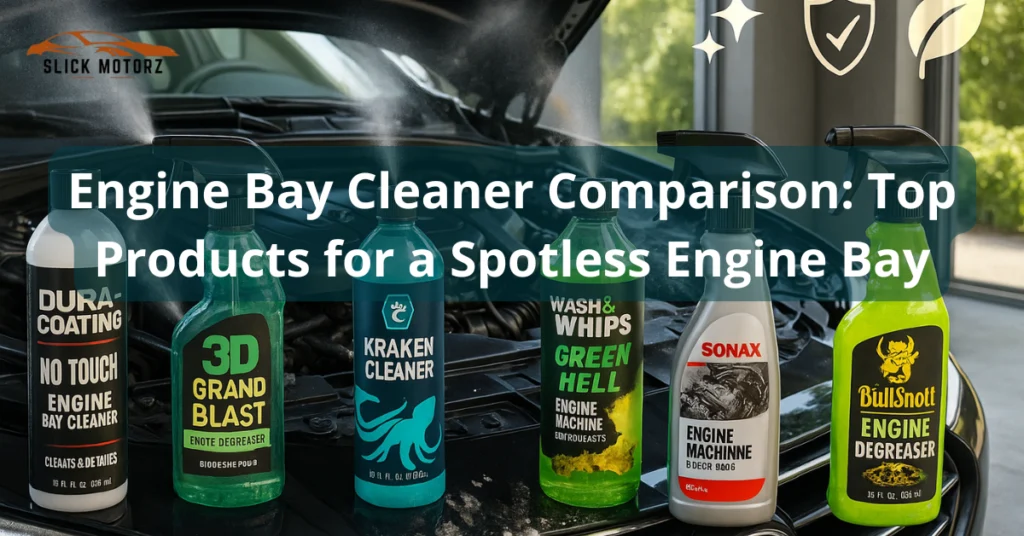Thinking of starting a car detailing business in North Carolina? You’re passionate, ready to shine up those cars, and eager to see happy customers.
But wait—do you know the laws that could impact your business? Understanding car detailing laws in North Carolina isn’t just smart; it’s essential. These rules can shape how you operate and protect you from costly mistakes. You’ll uncover the key legal details that could mean the difference between success and setbacks.
Knowing these laws not only keeps you compliant but also gives you a competitive edge. Ready to dive into the must-know regulations that could make or break your car detailing business in North Carolina? Let’s get started.
Legal Requirements
Understanding the legal requirements for car detailing in North Carolina is crucial if you’re running or planning to start a detailing business. It’s not just about making cars shine; it’s about ensuring you comply with state laws and regulations. Knowing these rules can save you from hefty fines and keep your business running smoothly.
Licensing And Permits
In North Carolina, car detailing businesses must have the proper licenses and permits to operate legally. You may need a general business license as well as specific permits related to the nature of your work. Check with your local government office to find out exactly what is required in your area.
Imagine starting your dream business only to be shut down because you missed a simple permit. It’s always better to double-check and ensure everything is in order before you begin. This not only prevents legal troubles but also builds trust with your customers.
Environmental Regulations
Environmental regulations are another key aspect you need to consider. The state has specific rules on waste disposal and the use of chemicals. These regulations are in place to protect the environment, and they require you to manage waste responsibly.
Using biodegradable products and ensuring proper disposal methods can make a significant difference. Your customers will appreciate your eco-friendly approach, which can also become a unique selling point for your business. Are you prepared to adopt greener practices?
Zoning Laws
Zoning laws dictate where you can set up your car detailing business. North Carolina has different zoning requirements that vary by city and county. Before you lease or purchase a property, verify that the location complies with local zoning laws.
Picture this: You’ve found the perfect spot for your shop, but then realize it’s not zoned for commercial use. This common pitfall can be easily avoided with a little research and consultation with local authorities. Do your homework to ensure your business is located in a zone that supports your services.
Meeting these legal requirements not only ensures compliance but also strengthens your reputation as a responsible business owner. Are you ready to make your mark in North Carolina’s car detailing industry?
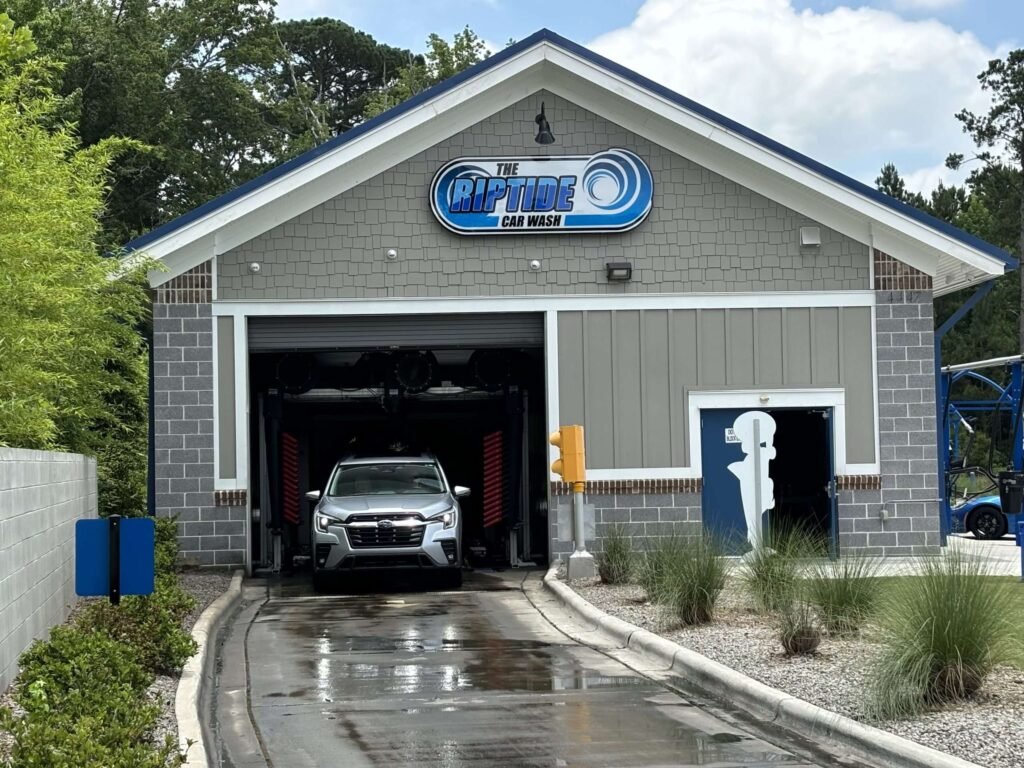
Credit: riptidecw.com
Health And Safety Standards
Car detailing in North Carolina follows strict health and safety standards. These standards protect workers and customers. They focus on using safe practices and equipment. Compliance with these standards ensures a safe environment.
Protective Equipment
Workers use protective equipment to ensure safety. Gloves, masks, and goggles are essential. They protect against chemicals and debris. This equipment reduces risks during detailing tasks. Proper use of protective gear is mandatory.
Chemical Handling
Handling chemicals safely is crucial. Workers must follow guidelines for storage and use. Proper labeling helps identify hazards. Training ensures correct usage. Safe practices prevent accidents and health issues.
Water Usage Restrictions
Car detailing in North Carolina offers a chance for enthusiasts to keep their vehicles pristine, but it comes with its challenges. Among these, water usage restrictions can be particularly tricky to navigate. Imagine planning a detailed wash only to realize you might be violating local laws. Understanding these restrictions is crucial not only for compliance but also for sustainable practices.
Recycling Systems
Recycling water is not just an eco-friendly choice; it’s a legal necessity in many areas. North Carolina encourages businesses to install recycling systems to limit water usage. If you run a detailing business, investing in such a system can save you from potential fines and reduce your operational costs. Have you considered how much water you could save with a recycling system?
Wastewater Disposal
Proper disposal of wastewater is another critical aspect of car detailing in North Carolina. You can’t just let water run off into the streets or sewers. There are specific guidelines on where and how you should dispose of wastewater. Some areas require you to treat the water before disposal, a step often overlooked but essential for compliance. Are your disposal methods up to code?
Understanding these regulations can not only help you stay within the law but also improve the sustainability of your detailing practices. It’s easy to think of legal restrictions as hurdles, but they can also be opportunities to innovate and improve your service. How might you use these guidelines to enhance your business and customer satisfaction?
Advertising And Marketing Rules
Understanding the advertising and marketing rules for car detailing businesses in North Carolina is crucial. These regulations ensure fair practice and protect consumer interests. As a business owner, staying informed about these rules helps in building trust with your clients.
Truth In Advertising
Businesses must present honest information in their promotions. Misleading claims are strictly prohibited. This ensures customers receive accurate details about services offered. Transparency in advertising builds credibility. Always provide truthful descriptions and avoid exaggerated statements.
Signage Regulations
Proper signage is essential for attracting customers. North Carolina has specific rules on signage size and placement. Following these guidelines helps in avoiding fines. Signs should be clear and visible. Ensure they comply with local zoning laws. This enhances the business’s visibility without legal issues.
Insurance And Liability
Understanding car detailing laws in North Carolina is crucial for business owners. Insurance and liability play a significant role in ensuring safe operations. They protect both the business and the customer. Below, we explore the essential aspects of required coverage and liability limits.
Required Coverage
North Carolina mandates specific insurance coverage for car detailing businesses. General liability insurance is often required. It covers accidents that may occur during detailing work. This includes damage to a client’s vehicle. Workers’ compensation insurance is also important. It covers any employee injuries on the job. Having the right coverage helps avoid financial pitfalls.
Liability Limits
Insurance policies come with liability limits. These limits determine the maximum payout for claims. In North Carolina, businesses must choose appropriate limits. Low limits might not cover severe incidents. High limits offer more protection but may cost more. It’s a balance between cost and coverage. Choosing the right limit is crucial for business security.
Training And Certification
Car detailing laws in North Carolina emphasize the importance of training and certification for professionals in the industry. These requirements ensure that detailers are equipped with the necessary skills to meet legal standards while delivering top-notch services to clients. Whether you’re starting your career or looking to enhance your expertise, understanding the certifications and education pathways can set you apart in a competitive market.
Industry Certifications
Industry certifications are crucial for car detailers in North Carolina. They demonstrate your commitment to quality and compliance with state regulations. Certifications like the International Detailing Association (IDA) Certified Detailer program provide a structured learning path. They cover vital aspects of detailing, from paint correction to interior cleaning.
Completing such programs not only boosts your credibility but also gives you a competitive edge. Clients often prefer certified professionals who adhere to industry standards. Have you considered how certifications might transform your career trajectory?
Continuing Education
Continuing education is essential for staying updated with the latest car detailing trends and technologies. North Carolina encourages detailers to participate in workshops and seminars regularly. These events offer hands-on experience and insights from industry leaders.
Imagine attending a workshop where you learn about eco-friendly detailing products. Such knowledge not only benefits the environment but also attracts environmentally conscious clients. Are you keeping pace with the industry’s evolving landscape?
Moreover, continuing education can open doors to networking opportunities. Interacting with peers and experts can inspire innovative techniques and business strategies. Have you leveraged these opportunities to grow your detailing business?
Consumer Protection
Car detailing laws in North Carolina prioritize consumer protection. These laws ensure fair practices. They safeguard consumers from fraudulent activities. Understanding these regulations can enhance your experience. It builds trust between you and service providers.
Service Agreements
Service agreements clarify what you can expect. They outline the services offered. This includes specific detailing tasks. They state the pricing structure clearly. You should read the agreement carefully. It helps avoid misunderstandings. A well-defined agreement protects both parties. It ensures transparency in transactions.
Dispute Resolution
Dispute resolution mechanisms are crucial. They provide solutions when issues arise. The law offers various ways to resolve disputes. Mediation is a common method. It involves a neutral third party. They help both sides reach a fair solution. Arbitration is another option. It is less formal than court proceedings. These methods save time and money. They also reduce stress for consumers.
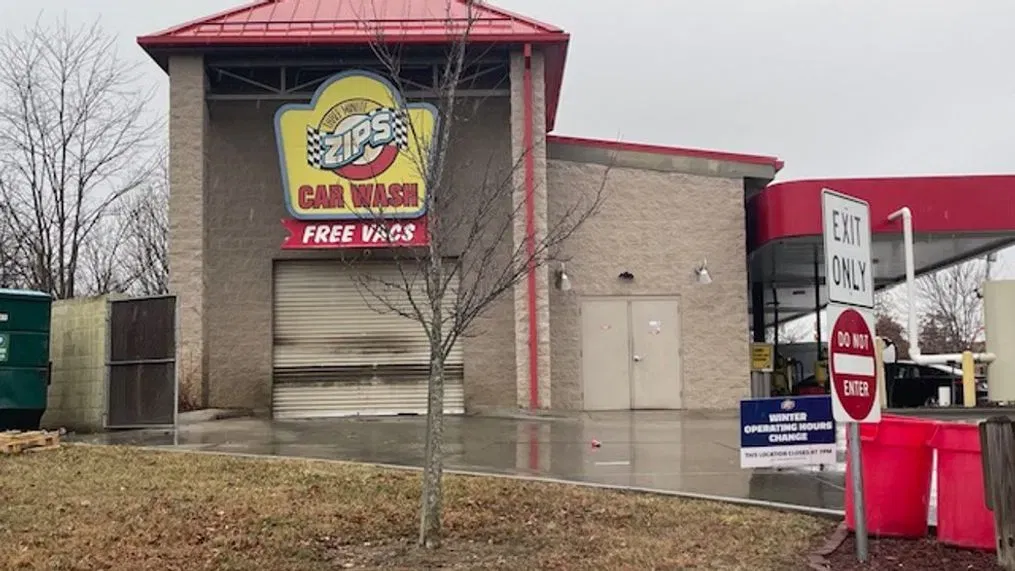
Credit: wlos.com
Frequently Asked Questions
What Are Car Detailing Laws In North Carolina?
Car detailing laws in North Carolina regulate business practices and environmental concerns. Businesses must comply with waste disposal and water usage regulations. It’s important for detailing services to adhere to these rules to avoid penalties. Staying informed about state-specific laws ensures that detailing businesses operate legally and sustainably.
Do Car Detailers Need A License In NC?
In North Carolina, car detailers typically do not need a specific license. However, they must follow local business regulations. This includes registering their business and obtaining necessary permits. Compliance with environmental laws is also essential. It’s advisable to check with local authorities for specific requirements in your area.
Are There Environmental Regulations For Car Detailing?
Yes, North Carolina has environmental regulations for car detailing businesses. These rules focus on water runoff and chemical disposal. Businesses must ensure proper waste management and use eco-friendly products. Compliance helps protect local water resources and avoids legal penalties. Always stay updated on local environmental guidelines.
How To Start A Car Detailing Business In NC?
To start a car detailing business in North Carolina, follow these steps: Register your business with the state. Obtain necessary permits and ensure compliance with local regulations. Choose an appropriate location and invest in quality equipment. Familiarize yourself with environmental laws to operate sustainably and legally.
Download Car Detailing Legal Compliance Checklist (2025 Edition)
Conclusion
Understanding car detailing laws in North Carolina keeps your business compliant. Knowledge of these regulations protects both detailers and customers. Always stay updated on local rules. This helps avoid fines and ensures smooth operations. Legal compliance builds trust with your clients.
It also enhances your professional reputation. Regularly review state guidelines for any changes. Discuss with legal experts if in doubt. This proactive approach safeguards your business. Peace of mind for you and your clients. Prioritize legal adherence to thrive in the detailing industry.
It’s a smart move for long-term success.
Check out our other articles, Car Detailing Laws by State, here >>

